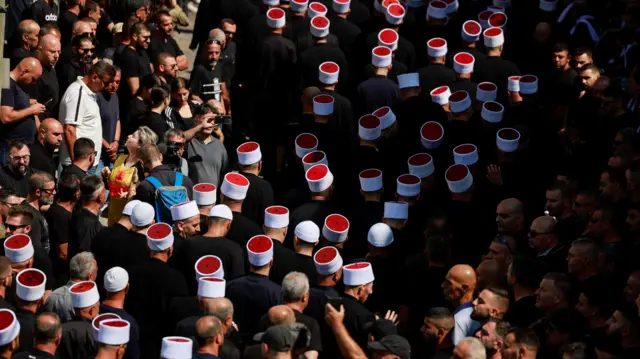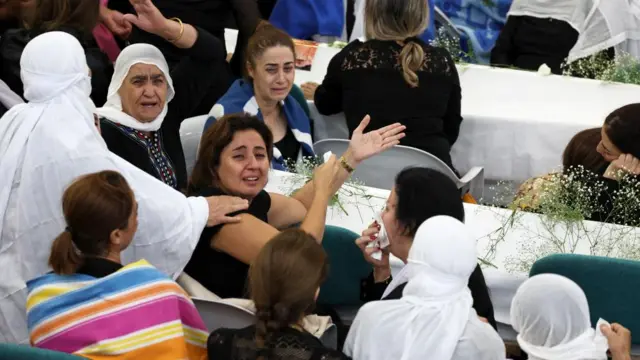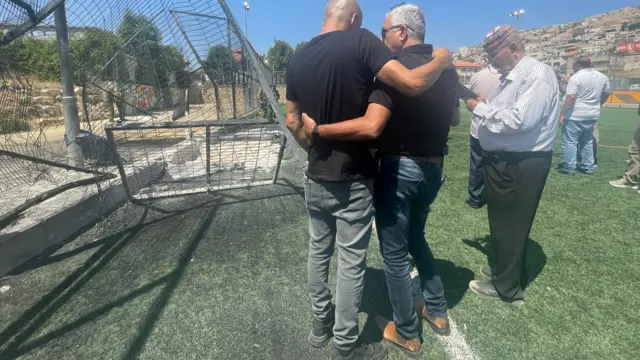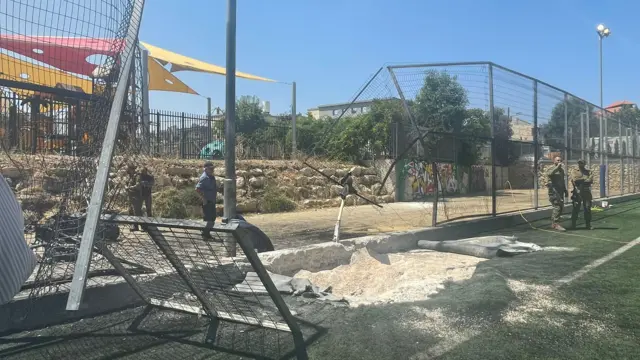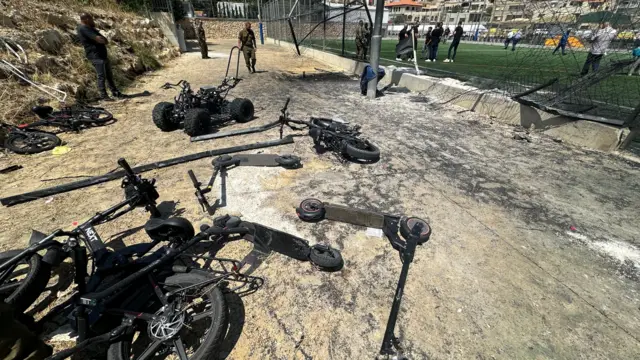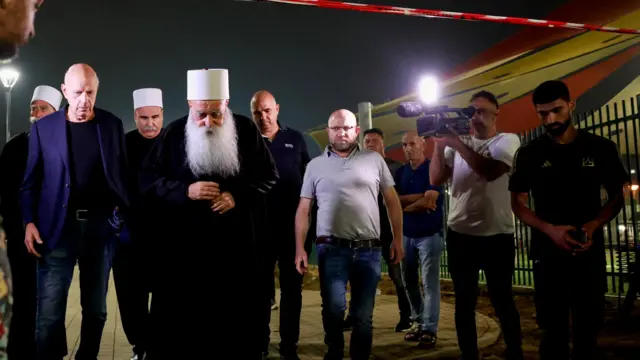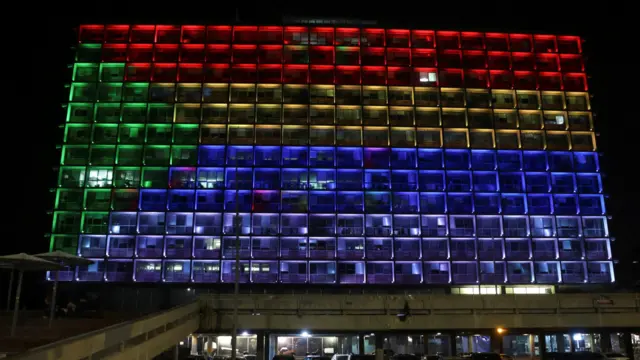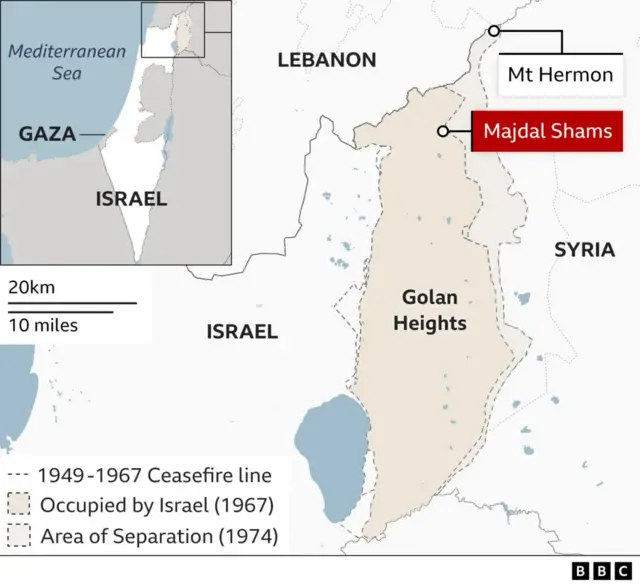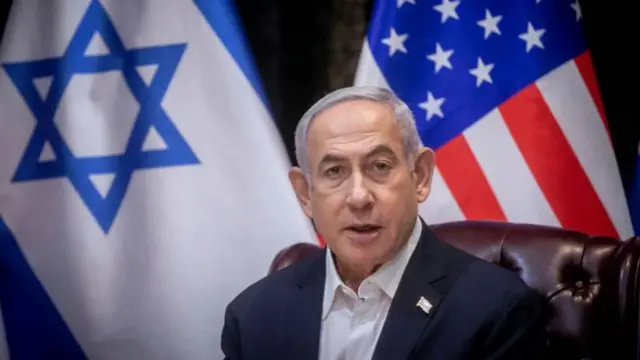Lebanese foreign minister doesn't believe Hezbollah carried out strikepublished at 10:34 BST 28 July 2024
We've just been hearing a bit more from the Lebanese government about the deaths in the Golan Heights.
The Lebanese Foreign Minister Abdallah Bou Habib has told Weekend on the BBC World Service that he doesn’t think that Hezbollah carried out the strike.
The foreign minister condemned "the killing of civilians wherever they are” and said an international committee is needed to find out what happened.
“I don’t think Hezbollah would do it”, he said, and added that “it could be a mistake by the Israelis or by Hezbollah”.
He called the strike "a disaster" but said it didn'tt mean there should be "more destruction and killing" and "we are asking Hezbollah not to retaliate at this present time”.
Bou Habib later told reporters from Reuters that he had contacted the US to ask them to also urge restraint from Israel.
